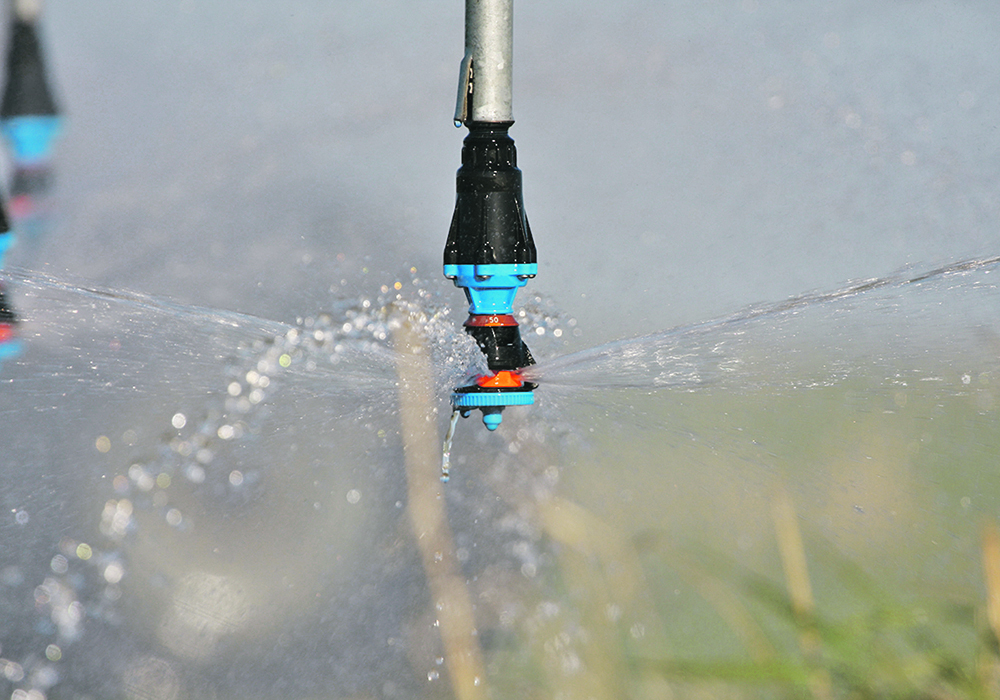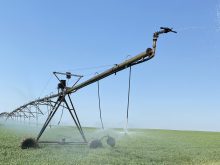It’s been almost two years since Saskatchewan announced its plans for a $4-billion project at Lake Diefenbaker to double irrigation capacity but it is still in the pre-design phase.
SaskBuilds minister Jim Reiter said $25 million allocated for irrigation in the recent provincial budget includes $23 million specifically for that project. The other money is for several other smaller projects that are under consideration.
“I realize people always want to see some dirt being moved and something being built,” Reiter said in an interview. “But a project like this, there’s an incredible amount of engineering that goes into it.”
Read Also

Pakistan reopens its doors to Canadian canola
Pakistan reopens its doors to Canadian canola after a three-year hiatus.
He said within a few months officials should receive the pre-design engineering report that has been in the works for the last year. That will be followed by more engineering.
He also said there is a lot of consultation and environmental work to be done.
Reiter said it is most important to do a project like this correctly.
“While some people are concerned that they’re not actually seeing construction going on, on the other hand there’s people criticizing, saying, ‘you haven’t done enough consultation work yet. You’ve got environmental work to do.’ We need to do this appropriately.”
The expansion project includes three phases: the rehabilitation and then further development of the Westside irrigation area and then the construction of the Qu’Appelle South Water Conveyance, which will include irrigation. When complete it could add 500,000 acres of irrigation.
There have been concerns about downstream impacts on the Saskatchewan River delta at Cumberland House, lake levels and other environmental impacts that have to be addressed.
Agricultural stakeholders, however, say the benefits from the project are huge.
Saskatchewan Irrigation Projects Association president Aaron Gray said irrigators would like to see the project move faster.
“I know people are thinking it’s taking long but I would rather wait a little longer to get the job done right and sustainable and the most efficient as possible than to hurry it up,” he said.
Reiter said while the pre-engineering work is going on, an accounting firm is also working on the business case for the project.
He said one of his main concerns is the project cost.
“This is a massive project so there’s always going to be concerns, but one of them, I think this is no secret to anybody in industry, is inflationary pressures,” he said. “Certainly, it’s in the back of my mind whether that slows the project or not.”
The province had hoped for federal investment as the project could be considered one that contributes to climate resiliency, but Ottawa keeps steering Saskatchewan toward the federal infrastructure bank.
“The problem we have with that is we’re looking for a partner in this not another lender,” Reiter said, adding the province will step up its lobbying.
Saskatchewan Cattle Feeders Association president Will Lowe said they have been talking to members of Parliament to convey the importance of expanded irrigation.
“That kind of infrastructure spending in the feeding industry would be more than welcome and that really would expand where we go over the next 10 years,” he said.
Reiter said if everything goes smoothly this year, shovels could be in the ground in 2023.
















